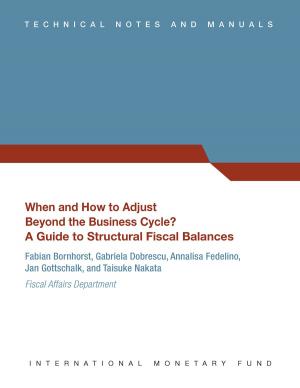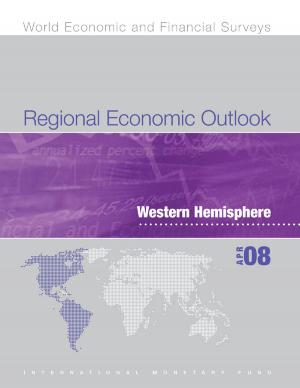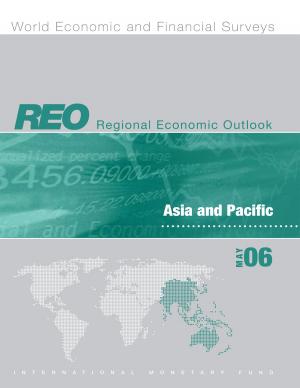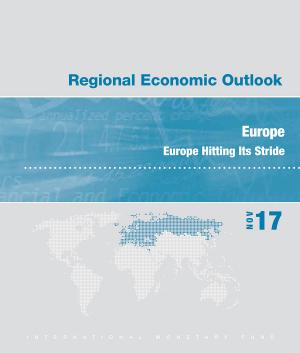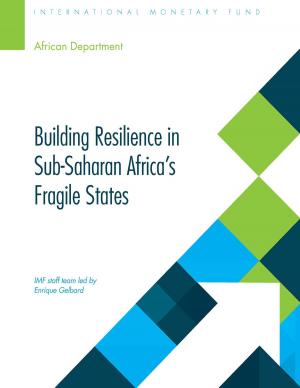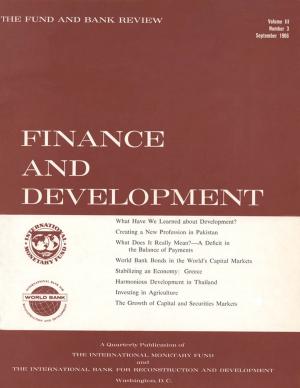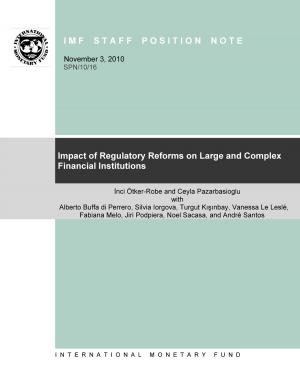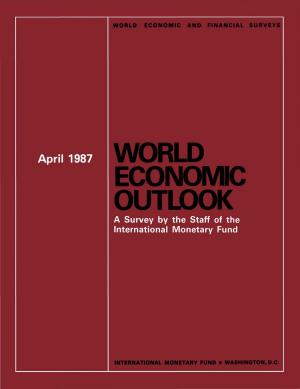| Author: | Ian W.H. Parry, Ruud A. de Mooij, Michael Keen | ISBN: | 9781475508383 |
| Publisher: | INTERNATIONAL MONETARY FUND | Publication: | June 15, 2012 |
| Imprint: | INTERNATIONAL MONETARY FUND | Language: | English |
| Author: | Ian W.H. Parry, Ruud A. de Mooij, Michael Keen |
| ISBN: | 9781475508383 |
| Publisher: | INTERNATIONAL MONETARY FUND |
| Publication: | June 15, 2012 |
| Imprint: | INTERNATIONAL MONETARY FUND |
| Language: | English |
Efforts to control atmospheric accumulations of greenhouse gases that threaten to heat up the planet are in their infancy. Although the IMF is not an environmental organization, environmental issues matter for the organization's mission when they have major implications for macroeconomic performance and fiscal policy. Climate change clearly passes both these tests. This volume provides practical guidelines for the design of fiscal policies (carbon taxes and emissions trading systems with allowance auctions) to reduce greenhouse gases. Not only are these instruments potentially the most effective at exploiting emission reduction opportunities in the near and longer term, but they can also generate for many countries a valuable new source of government revenue. The chapters, written by leading experts, explain the case for fiscal policies over other approaches; how these policies can be implemented; reasonable levels for emissions prices; policies for the forest sector; appropriate policy for developing countries; the most promising fiscal instruments for climate finance; and lessons to be drawn from prior policy experience. This is essential reading for policymakers in finance and environment ministries in developed and developing countries alike, and others grappling with balancing environmental and development concerns.
Efforts to control atmospheric accumulations of greenhouse gases that threaten to heat up the planet are in their infancy. Although the IMF is not an environmental organization, environmental issues matter for the organization's mission when they have major implications for macroeconomic performance and fiscal policy. Climate change clearly passes both these tests. This volume provides practical guidelines for the design of fiscal policies (carbon taxes and emissions trading systems with allowance auctions) to reduce greenhouse gases. Not only are these instruments potentially the most effective at exploiting emission reduction opportunities in the near and longer term, but they can also generate for many countries a valuable new source of government revenue. The chapters, written by leading experts, explain the case for fiscal policies over other approaches; how these policies can be implemented; reasonable levels for emissions prices; policies for the forest sector; appropriate policy for developing countries; the most promising fiscal instruments for climate finance; and lessons to be drawn from prior policy experience. This is essential reading for policymakers in finance and environment ministries in developed and developing countries alike, and others grappling with balancing environmental and development concerns.


